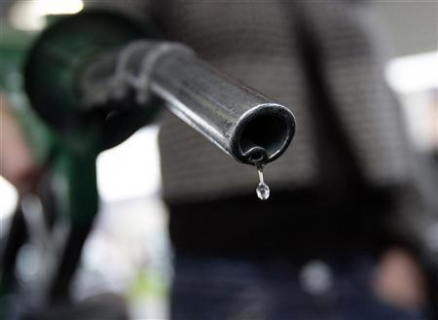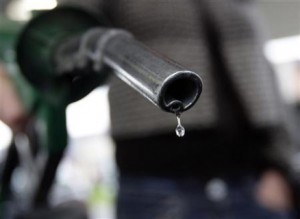
 Federal Government of Nigeria has finally removed subsidy from sale of Premium Motor Spirit, PMS, also known as petrol with immediate effect. An official of Nigeria National Petrolem Corporation (NNPC) told Economic Confidential that there was no provision in the approved budget 2016 for any subsidy for fuel consumption in Nigeria.
Federal Government of Nigeria has finally removed subsidy from sale of Premium Motor Spirit, PMS, also known as petrol with immediate effect. An official of Nigeria National Petrolem Corporation (NNPC) told Economic Confidential that there was no provision in the approved budget 2016 for any subsidy for fuel consumption in Nigeria.
With the new development marketers are now free to bring in oil cargoes and vessel to sell, subject to meeting standard quality control. It however gathered from other sources that that a benchmark of N145 per litre, as a recommended pump price, at which any trader, irrespective of the source of foreign exchange used to import cargo is guaranteed adequate profit.
Ahead of the federal government’s announcement of the removal of subsidy on petrol, Vice-President Yemi Osinbajo has said that the government will have to take tough decisions on the desirability of retaining fuel subsidies, adding that it had become necessary to remove them.
His statement coincided with a remark by the Minister of State for Petroleum Resources, Dr. Ibe Kachikwu, who confirmed that the government would in the next few days unveil a new policy to address the subsidy issue in the country.
Osinbajo, who spoke at the third Ogun State Investors’ Forum held in Abeokuta, the state capital, said: “No matter how we slice it, we are in economic times that are challenging, but they provide us with some of the best opportunities for making a real difference in our economic life.
“I think that we are at a point that a lot has been said about subsidies and what to do with subsidies. I think we are at a point where we must make many difficult decisions and make very tough choices.
“But I think the Nigerian people are prepared for all what is required and all it would take to make a real difference.
“In no way can a country make the kind of progress we expect it to make without being able to ensure that in public life our finance system is transparent and would ensure that there is accountability.
“Our Ministry of Finance has been putting in place a system that would assure accountability. It would ensure that public funds are accounted for and that the country is not exposed to some of the kinds of huge corruption that we had seen over the past few years.”
He also urged state governments to encourage and support agriculture, noting that “in the area of agriculture I know that there is so much room for so much more”.
He said: “The agriculture borrowers scheme is one I am not so sure any other state aside from Kebbi has adopted. And that programme is one where the Central Bank of Nigeria (CBN) has been able to lend to small rice farmers.”
He also advised states to do more in terms of generating electricity, stating: “I think that we can rewrite some of the regulations in such a way that states can generate more power.”
